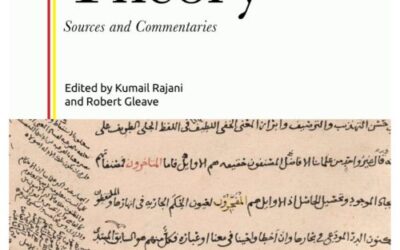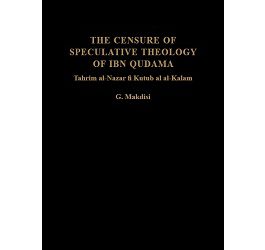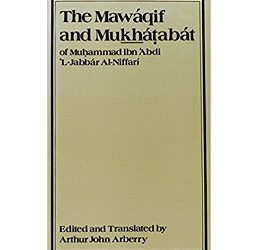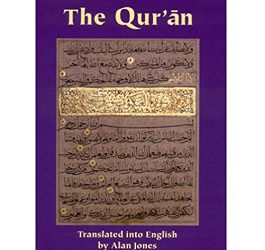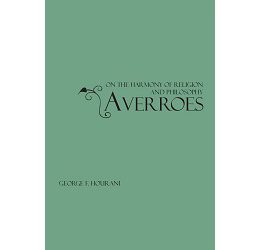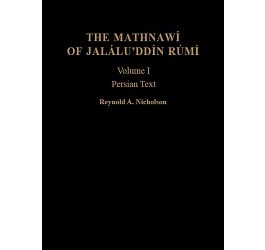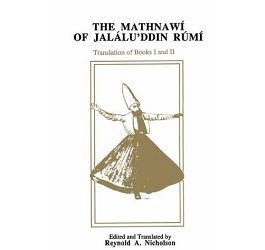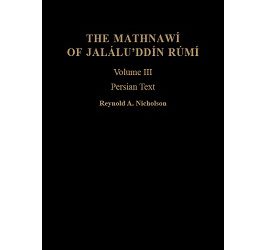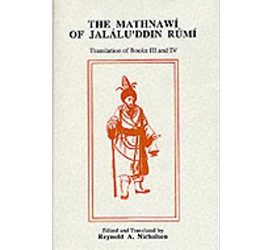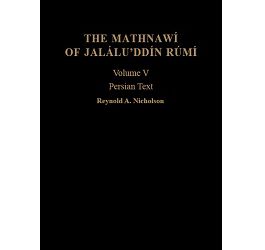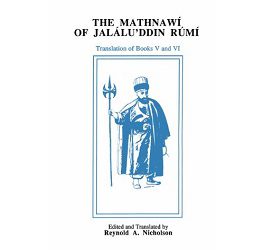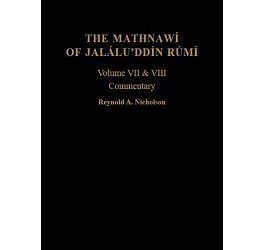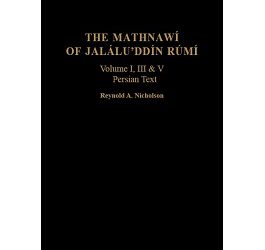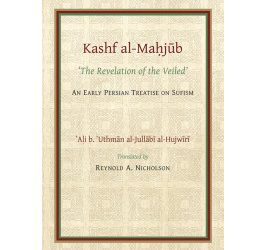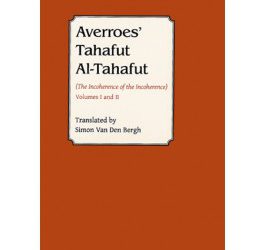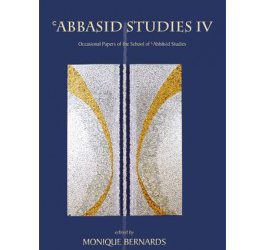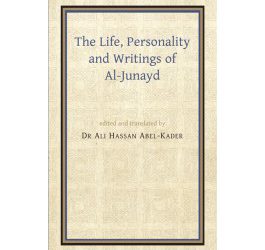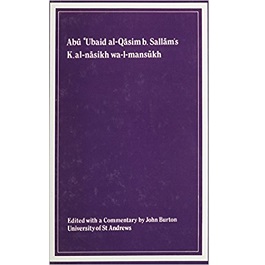
Kitab al-nasikh wa-l-mansukh of Abu ‘Ubaid al-Qasim b. Sallam
(MS Istanbul, Topkapi, Ahmet III A 143)
Author: John Burton
Year: 2009
ISBN: 9780906094174
Language: Arabic
Hardback, 328p, H210 x W149 (mm)
PRICE
£40.00
PAPERBACK PRICE
$55.00
The term nasikh wa mansukh, usually translated as ‘abrogation’, relates to theories arising from the early exegesis of the Qur’an, in an attempt to resolve apparent contradictions in the Qur’anic text between different statements, especially those bearing on regulations. In such cases, verses later in date are held to modify or even suspend earlier verses. The same principle was applied to contradictions between Traditions forming the basis of the Sunnah. In the lifetime of the author of this volume the question of which should ‘abrogate’ the other, in the event of conflict between Qur’an and tradition, had already arisen. Abu ‘Ubaid’s book represents the oldest yet recovered systematic application of ‘abrogation’ theories to both Qur’an and Sunnah when there is perceived to be a conflict between them. Best known for his work on taxation, the Kitab al-Amwal, Abu ‘Ubaid (ca. 154/770-224/838) was born at Herat but resided at various centres in the Abbasid Empire; he was a scholar of note in the area of theological, legal and philosophical studies. His book, which antedates the crystallization of the Schools of Fiqh and presents a view of the relation between the Qur’an and Sunnah diverging from that of Shafi’i, is of relevance to studies of the Qur’an and the formulation of Islamic jurisprudence.
John Burton was formerly a lecturer at the University of St Andrews
John Burton was formerly a lecturer at the University of St Andrews
Related Titles
Shiʿite Legal Theory: Sources and Commentaries
Kumail Rajani & Robert Gleave (editors)
The Censure of Speculative Theology of Ibn Qudama
G. Makdisi
The Mawaqif and Mukhatabat
A. J. Arberry
Al-Farabi’s Philosophical Lexicon
Ilai Alon (Editor); Shukri Abed (Author)
The Qur’an
Alan Jones
Averroes: On the Harmony of Religion and Philosophy
George F. Hourani
The Mathnawí of Jaláluʾddín Rúmí: Volume 1, Persian Text
Reynold A. Nicholson
The Mathnawí of Jaláluʾddín Rúmí: Volume 2, English Text
Reynold A. Nicholson
The Mathnawí of Jaláluʾddín Rúmí: Volume 3, Persian Text
Reynold A. Nicholson
The Mathnawí of Jaláluʾddín Rúmí: Volume 4, English Text
Reynold A. Nicholson
The Mathnawí of Jaláluʾddín Rúmí: Volume 5, Persian Text
Reynold A. Nicholson
The Mathnawí of Jaláluʾddín Rúmí: Volume 6, English Text
Reynold A. Nicholson
The Mathnawí of Jaláluʾddín Rúmí: vols 7 and 8; Commentary
Reynold A. Nicholson
The Mathnawí of Jaláluʾddín Rúmí: vols 1, 3, 5; Persian Text
Reynold A. Nicholson
The Mathnawí of Jaláluʾddín Rúmí: vols 2, 4, 6, English Translation
Reynold A. Nicholson
The Kashf al-Mahjub
Reynold A. Nicholson (Translator)
Averroes’ Tahafut al-Tahafut (The Incoherence of the Incoherence)
Simon Van Den Bergh (Translator)
Abbasid Studies IV
Monique Bernards (editor)
The Life, Personality and Writings of al-Junayd
Ali Hassan Abdel-Kader
